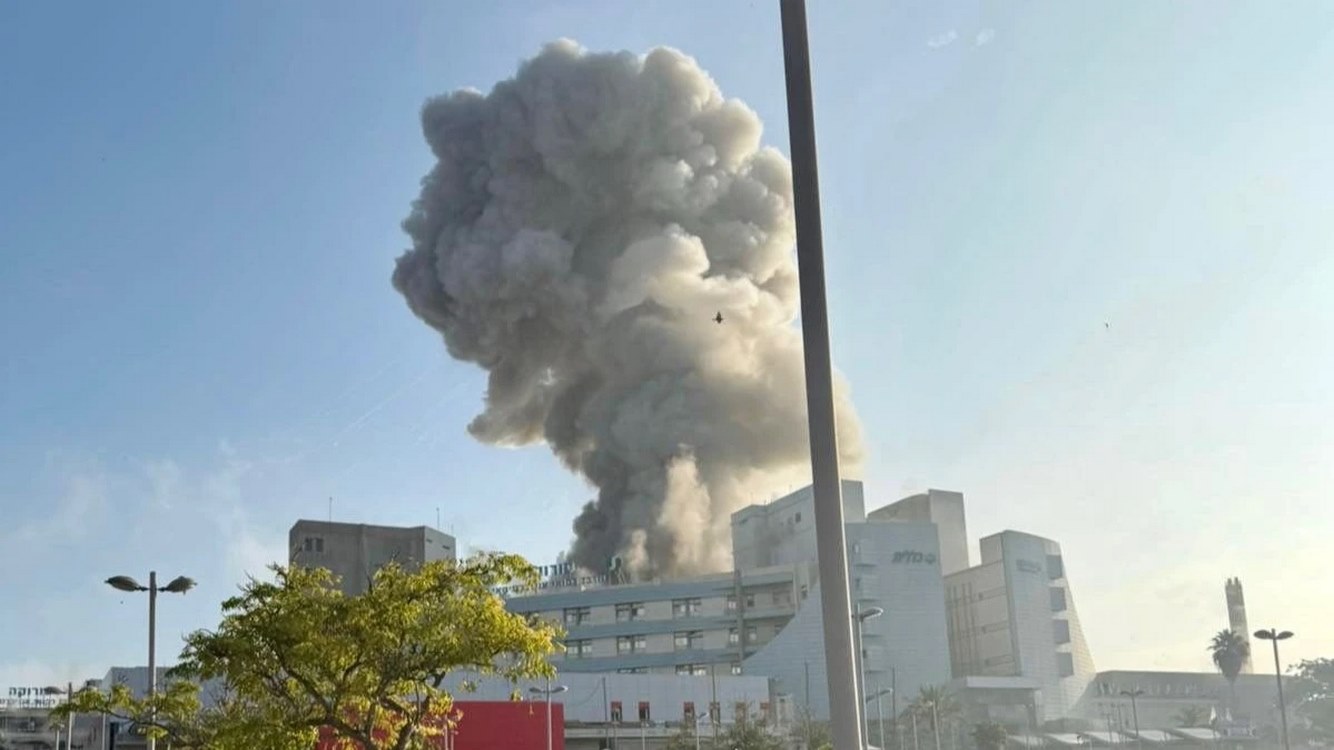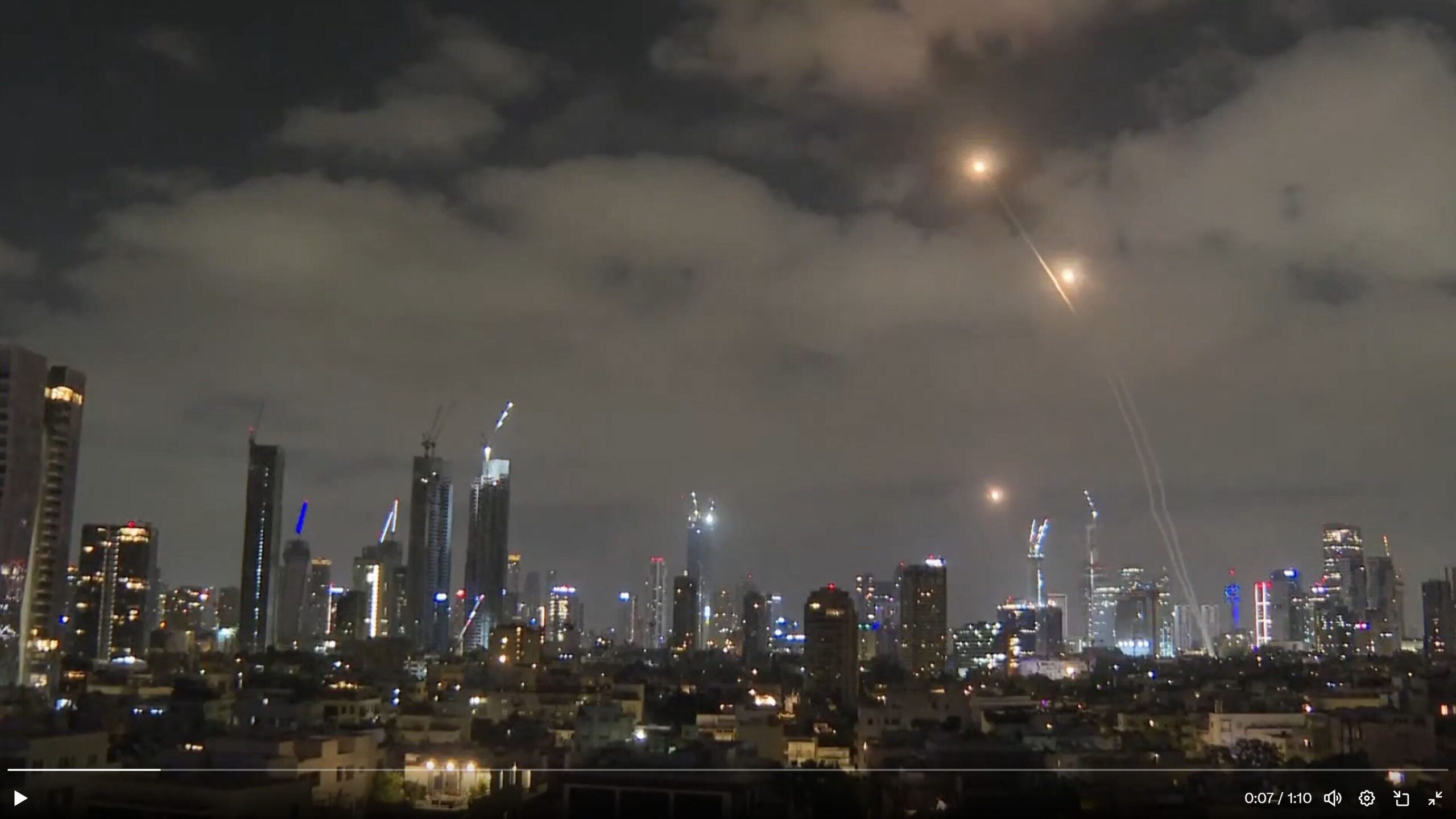MOSCOW, Russia. May 28th, 2019: PICTURED: Mullah Abdul Ghani Baradar, third from left, arrives with other members of the Taliban delegation for talks in Moscow. PC: AP. Fair Use.
Story at a glance…
-
British Defense Minister says UK will work with a Taliban government
-
Russia seeks Taliban assurances extremists don’t threaten Tajikistan or Russia
-
Amid Russian warnings that the U.S. won’t be welcomed in bases around Central Asia, she may have to settle with working from carrier groups.
KABUL, Afghanistan. July 13th, 2021. The territorial gains made by the Taliban in recent days are only matched by their gains across the news media. For years between Obama’s 2009 “surge” and the Doha pre-peace agreement under Trump, there was one Taliban spokesperson. Now there are as many as there are reporters relaying their communiques.
Perhaps it’s in some small part due to this new media footprint that British Defense Minister, Ben Wallace said that provided it adheres to certain international norms, the UK government will “engage with… whatever the government of the day is”.
“What (the Taliban) desperately want is international recognition,” commented Wallace. “They need to unlock financing and support (for) nation building, and you don’t do that with a terrorist balaclava on”.
Over the weekend, a Taliban delegation in Moscow claimed they controlled 85% of the country’s land, resulting from military gains in the wake of departing foreign forces. Hundreds of Afghan soldiers and police have been fleeing across the border with Tajikistan, which the Taliban now controls, prompting Russia to become concerned that the potential for Islamic extremists to cross into an area of Central Asia which Moscow views as a backyard is growing.
According to the Moscow Times, 6,000 Russia military personnel are based in Tajikistan, which is part of the Russian-led Collective Security Treaty Organization (CSTO), a defense pact between the former soviet Central Asian republics and Russia. The intensity of the fighting on the border made Russia consider “activating” the base again.
“We will take all measures so that Islamic State will not operate on Afghan territory… and our territory will never be used against our neighbors,” Taliban official Shahabuddin Delawar said through a translator during their delegation’s visit to Moscow, where they also said they would do everything in their power to wipe out both the IS elements in their country, as well as the drug trade, which at its height supplied 70% of the world’s opium.
Ain’t big enough for the two of us
While U.S. officials have been desperately looking to maintain the capacity to bomb Afghanistan amid the retreat of NATO and U.S. forces from the country, CENTCOM Chief Gen. Kenneth McKenzie admitted that the U.S. has no military base agreements with any of Afghanistan’s neighbors.
Journalist Dave DeCamp, writing for Antiwar, detailed that Uzbekistan to the west and north of Afghanistan has already declined requests by U.S. officials for a base there, while Pakistan to the east also dismissed the idea. Tajikistan to the north, and Kazakhstan and Kyrgyzstan further afield, are members of the CSTO, which under their rules would require the permission of the entire alliance before hosting foreign forces.
Sensing this scramble into the surrounding area, Russian foreign minister Sergei Lavrov and his deputy issued separate statements in which they described a potential U.S. occupation in Central Asia as “unacceptable,”
“I would emphasize that the redeployment of the American permanent military presence to the countries neighboring Afghanistan is unacceptable,” said deputy Sergei Ryabkov, according to AP. “We told the Americans in a direct and straightforward way that it would change a lot of things not only in our perceptions of what’s going on in that important region, but also in our relations with the United States”.
“I don’t think that anyone is interested in becoming a hostage to such US policy and intentions, and in inviting retaliation,” Lavrov later said, adding that 100,000 troops at the height of Obama’s “surge” couldn’t accomplish what the U.S. imagine a token force stationed hundreds of miles from the border might be able to.
Last week Pentagon spokesperson John Kirby admitted the current “over-the-horizon capabilities” included naval assets, which in light of the Kremlin’s position, may be the only hope the Pentagon has of bombing Afghanistan.


